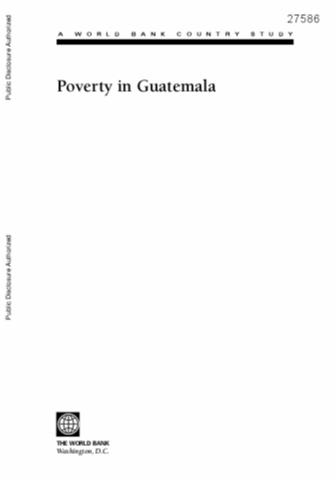Reducing poverty and hunger in India
India's strategy for reducing poverty and hunger has always placed a great deal of importance on the agricultural sector, reflecting the fact that 70 percent of the population lives in rural areas and the overwhelming majority of them depend upon agriculture as their primary source of income. The focus of attention has of course changed over time.








